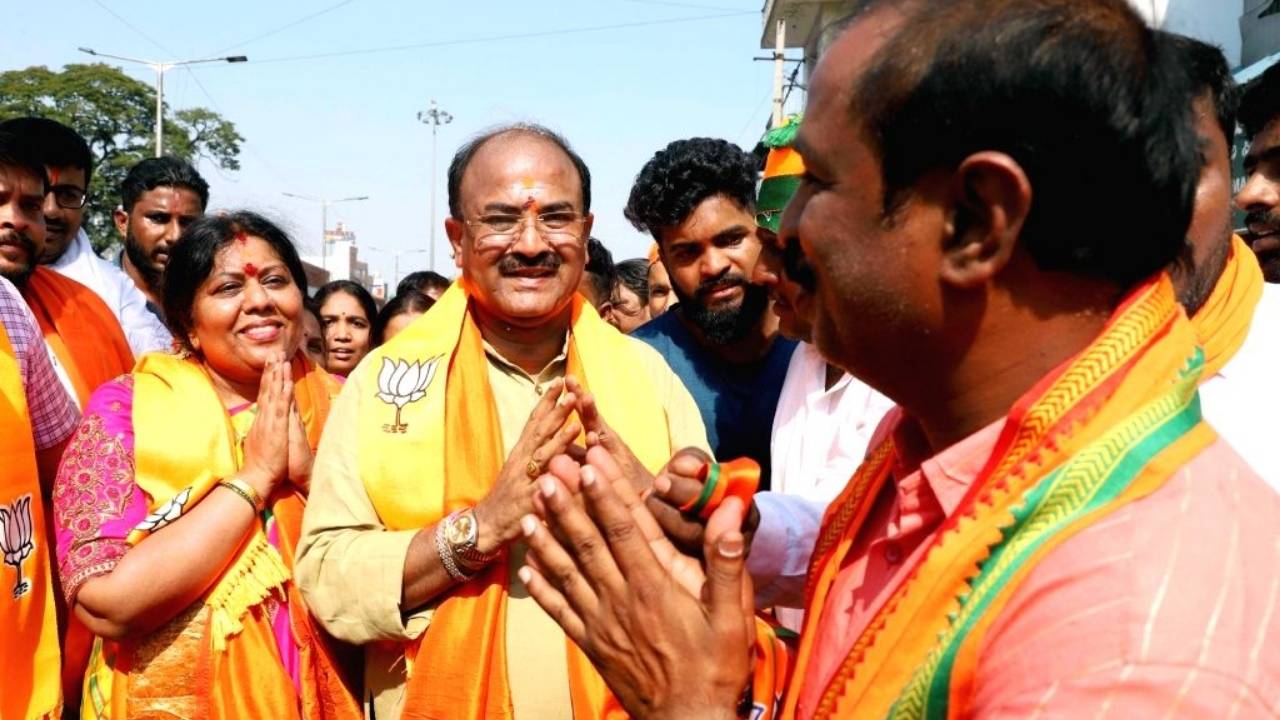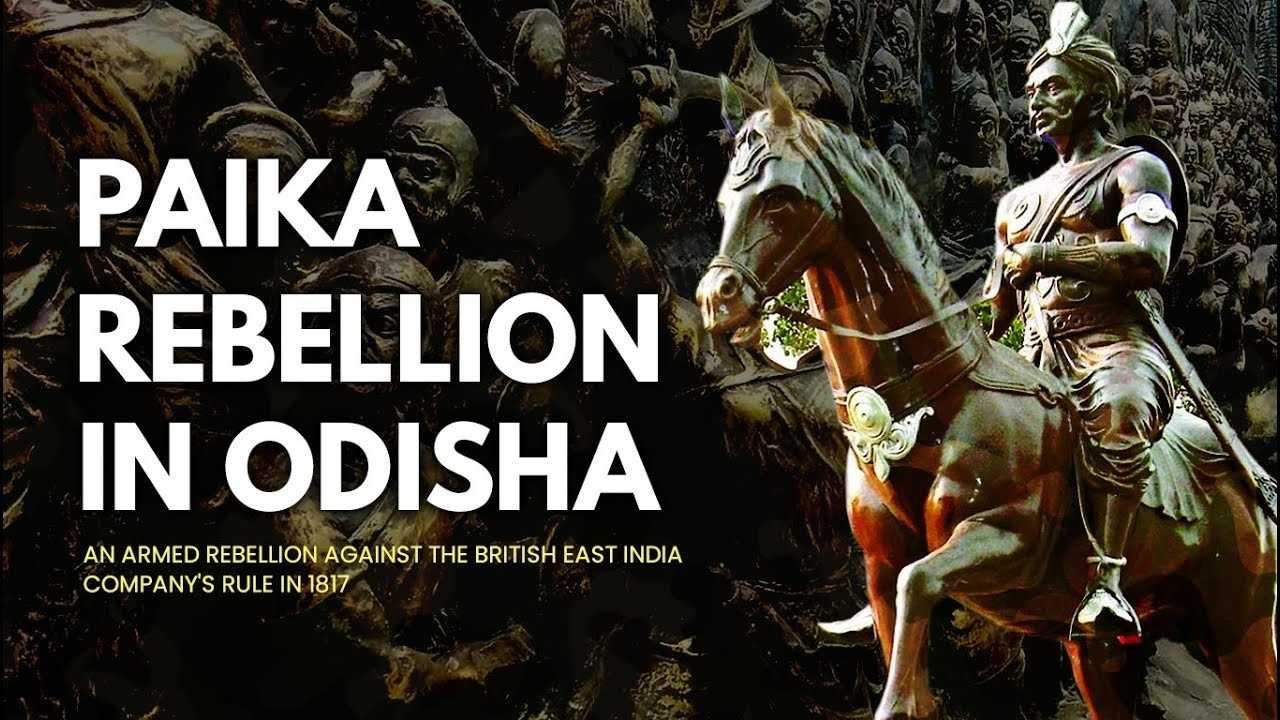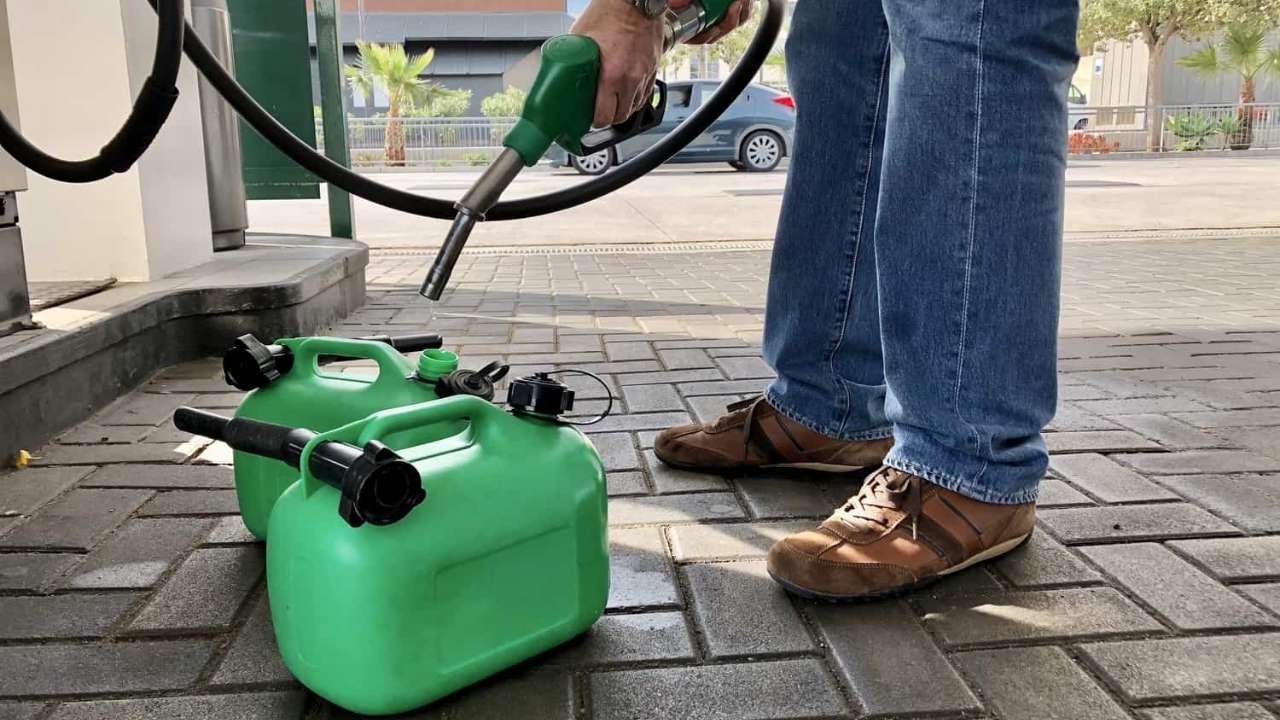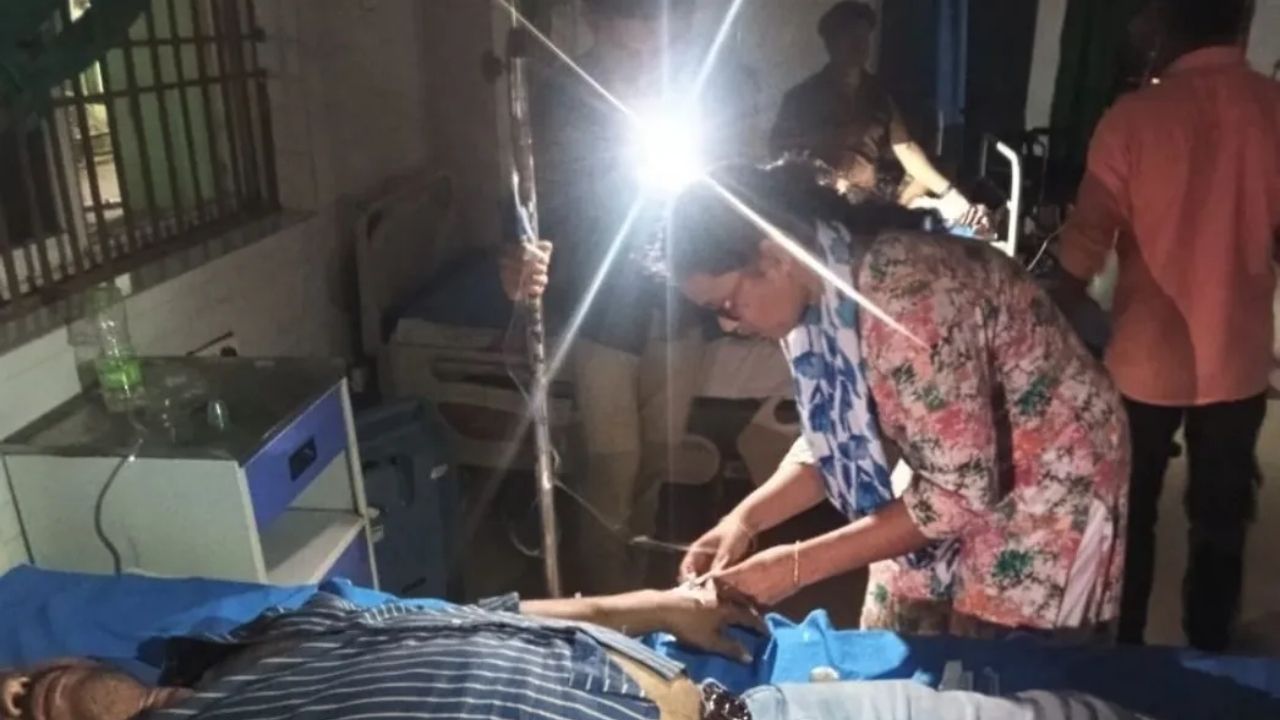In Odisha, a key shift in political leadership is making waves. Manmohan Samal, a seasoned politician with deep roots in the state’s political landscape, has been reappointed as the President of the Bharatiya Janata Party (BJP) in Odisha. This move is not just a leadership change but a strategic effort by the BJP to strengthen its presence, particularly among the Other Backward Classes (OBCs) in the state. OBCs form a significant portion of Odisha’s electorate, making them a critical demographic for any party seeking success in the state’s complex political arena.
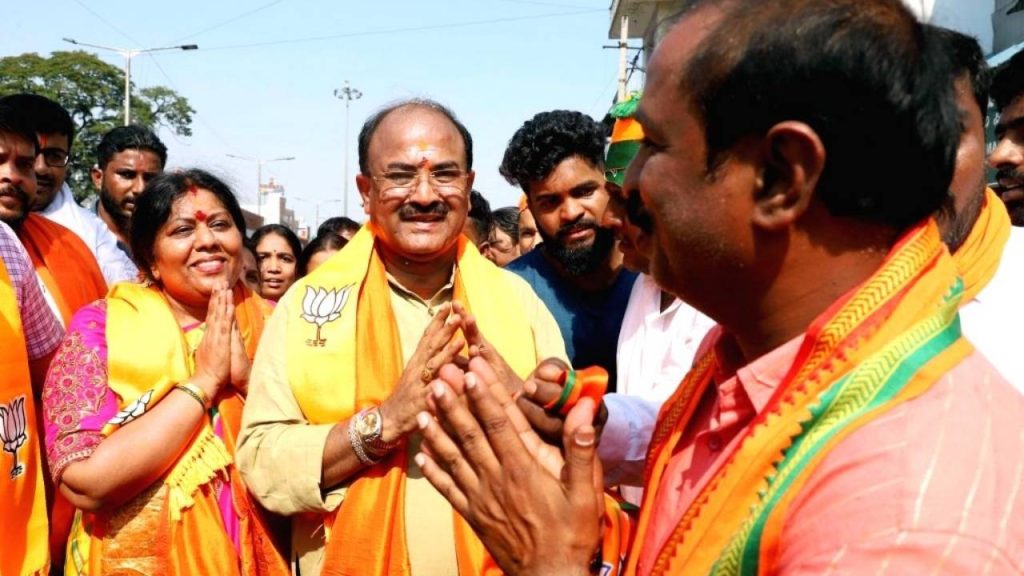
Samal’s reappointment signals a commitment by the BJP to further solidify its influence over OBC communities, and the decision is already stirring discussions on how the party will balance its political ambitions with the needs of a diverse electorate. The timing of his return aligns with several key policy initiatives aimed at addressing OBC concerns, showcasing how political leadership can directly impact policymaking and community representation. This article takes a closer look at Manmohan Samal’s return, the BJP’s strategy in Odisha, and the implications for the OBC community in the region.
BJP’s Strategy to Strengthen OBC Representation in Odisha
| Key Point | Details |
|---|---|
| Leadership Change | Manmohan Samal reappointed as BJP Odisha President |
| OBC Strategy | Focus on strengthening OBC representation in Odisha |
| BJP’s Election Performance | BJP secured 78 of the 147 Assembly seats and 20 out of 21 Lok Sabha seats in 2024 elections |
| Key Policy Initiative | 11.25% reservation for Socially and Educationally Backward Classes (SEBC) in technical colleges |
| Future Challenges | Focus on grassroots strengthening ahead of 2027 local elections |
| Sources | Times of India |
Manmohan Samal’s return as the BJP’s Odisha unit president marks a pivotal moment in the party’s strategy to strengthen OBC representation in the state. With over 50% of Odisha’s electorate identifying as OBC, this move signals the BJP’s commitment to fostering inclusive growth and better representation for all. While challenges remain, particularly at the grassroots level, Samal’s leadership provides a solid foundation for the BJP’s efforts to secure OBC votes and improve socio-economic conditions in the state.
The Role of OBCs in Odisha’s Politics
Odisha, a state with a rich cultural history and diverse communities, has a significant OBC population. In fact, over 50% of the electorate in Odisha is classified as OBC, making this demographic a powerful voting bloc. Historically, the OBCs have been marginalized in terms of political representation and access to resources. This is where political leaders like Samal come into play. Samal’s leadership is seen as a response to the growing demand for fairer representation and better opportunities for OBC communities in the state.
The BJP, under his guidance, has recognized that OBCs are not a monolithic group. They are diverse, with varying needs and aspirations depending on their social and economic status. By tailoring its policies to this complex social fabric, the BJP aims to secure a broad base of support in the coming elections, both at the state and national levels.
BJP’s Strategic Focus on OBCs
The BJP’s reappointment of Manmohan Samal as Odisha’s state president is not just about politics—it’s about addressing specific concerns within the OBC community. The party’s strategy has been to focus on issues that resonate deeply with OBC voters, such as education, employment, and social justice.
One of the significant policy changes under the BJP’s leadership in Odisha has been the implementation of a 11.25% reservation for Socially and Educationally Backward Classes (SEBC) in medical and technical institutions. This initiative, which aligns with pre-election promises, aims to level the playing field for OBC students aspiring to enter these competitive fields. Samal has highlighted that this move directly responds to long-standing demands from OBC communities who have felt excluded from the opportunities available to higher castes.
Educational and Social Upliftment
The introduction of reservations for SEBCs in educational institutions is just one part of the broader strategy to empower OBCs. By improving access to quality education and providing reservation in institutions like medical and technical colleges, the BJP is helping to create a pathway for OBC students to succeed and contribute to Odisha’s socio-economic development.
Employment and Welfare
The BJP’s commitment to the welfare of the OBC community extends beyond education. Samal’s leadership emphasizes creating job opportunities through various government schemes. OBC communities often face challenges in securing employment due to a lack of resources and systemic barriers. By focusing on skill development, vocational training, and creating new job opportunities, the BJP aims to help OBC members attain financial independence and contribute to the state’s growing economy.
Manmohan Samal: A Trusted Leader for OBCs
Manmohan Samal is no stranger to the political scene in Odisha. His leadership has been a driving force behind the BJP’s growth in the state. His background in Bhadrak district gives him a unique understanding of the issues facing rural OBC populations. Known for his grounded approach and connection to grassroots communities, Samal has become a trusted figure among OBCs in Odisha.
Samal’s return to the helm of the BJP’s Odisha unit signals that the party is serious about addressing OBC concerns at every level. His leadership will be instrumental in bridging the gap between the government’s promises and the delivery of those promises on the ground. Samal’s efforts will focus not just on electoral victories but also on long-term policy changes that can elevate the standard of living for OBC communities in Odisha.
The 2024 Elections: A Watershed Moment for the BJP
The 2024 elections were a turning point for the BJP in Odisha. Under Samal’s leadership, the party secured 78 out of 147 Assembly seats and 20 out of 21 Lok Sabha seats, marking a historic performance. This win was a testament to the effectiveness of Samal’s strategies in reaching out to OBC voters. However, the work is far from over. In the coming years, the BJP will need to continue its efforts to strengthen its grassroots presence, particularly in panchayat and urban local body elections, which are crucial for maintaining political momentum.
The party’s focus on the OBC vote is evident in the allocation of seats, with a significant number of candidates from OBC backgrounds being fielded. The goal is to ensure that OBC communities have strong political representation, and that their concerns are heard at the highest levels of government.
Future Challenges for the BJP in Odisha
While the BJP’s recent success in the 2024 elections is commendable, the road ahead is filled with challenges. One of the major hurdles for the BJP will be maintaining its dominance at the grassroots level, particularly as Odisha gears up for 2027 panchayat and urban local body elections. Samal’s leadership will be crucial in ensuring that the party continues to maintain its relevance and address the growing needs of OBC communities.
Another challenge will be fostering cohesion among various OBC subgroups. The BJP must ensure that its policies cater to the diverse needs within the OBC community while also keeping its broader electoral promises intact. This balancing act will be critical as the party aims to retain the support of this crucial demographic.
FAQs
1. Why is OBC representation so important in Odisha politics?
OBCs make up over 50% of Odisha’s electorate. Strengthening their representation is key to winning elections and ensuring that their voices are heard in policymaking.
2. How is Manmohan Samal contributing to OBC welfare in Odisha?
Samal has been instrumental in implementing policies like the 11.25% reservation for SEBCs in medical and technical colleges, helping OBC communities gain access to better education and employment opportunities.
3. What challenges does the BJP face in Odisha’s upcoming elections?
The BJP faces the challenge of consolidating its position at the grassroots level and ensuring effective governance, especially in panchayat and urban local body elections in 2027.

